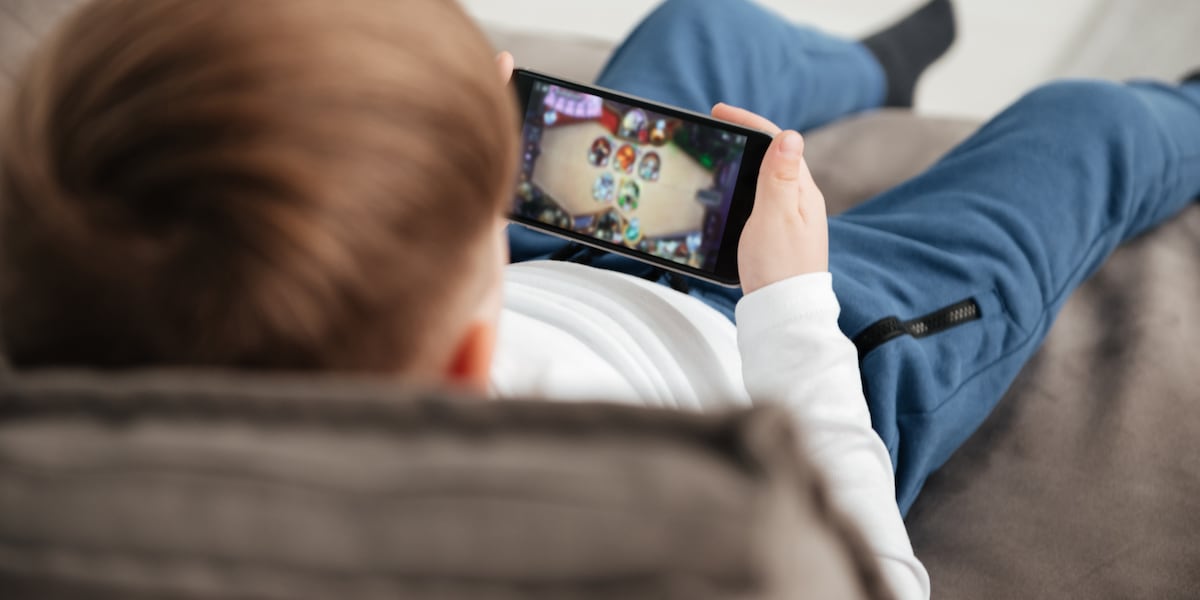Is Your Child's Smartphone Putting Their Mental Health at Risk? New Study Reveals Concerning Link

The pervasive presence of smartphones in modern childhood is raising serious concerns among mental health experts. A groundbreaking new study published in the Journal of Human Development and Capabilities has revealed a worrying correlation between early smartphone access and a range of mental health challenges in young adults. The findings suggest that children who received their first smartphone at age 12 or younger are significantly more likely to experience suicidal thoughts, increased aggression, feelings of detachment from reality, difficulties in emotional regulation, and diminished self-worth.
The Research Findings: A Deeper Dive
Researchers meticulously analyzed data from a large sample of 18- to 24-year-olds, focusing on the age at which they received their first smartphone and their subsequent mental well-being. The results were striking. Individuals who gained access to smartphones at a younger age demonstrated a statistically significant increase in the likelihood of reporting negative mental health outcomes. This isn't about blaming technology; rather, it’s a call for understanding the potential impact of early and prolonged exposure to digital devices on developing minds.
Why is Early Smartphone Use a Risk Factor?
Several factors could contribute to this concerning trend. Constant exposure to social media can fuel social comparison and feelings of inadequacy. Cyberbullying, a prevalent issue among young people, can have devastating effects on self-esteem and mental health. The addictive nature of smartphone games and apps can lead to sleep deprivation and reduced engagement in real-world activities, further impacting emotional well-being. Moreover, the curated and often unrealistic portrayals of life on social media can distort perceptions of reality and create unrealistic expectations.
What Can Parents Do? Strategies for Healthy Tech Use
While completely eliminating smartphone use isn't realistic or necessarily desirable, parents can take proactive steps to mitigate the risks. Here are some practical strategies:
- Delay Smartphone Access: Consider delaying smartphone access until a later age, ideally when children have developed stronger emotional regulation skills (typically around age 14 or older).
- Set Clear Boundaries: Establish clear rules and time limits for smartphone use. Designate tech-free zones, such as bedrooms and mealtimes.
- Monitor Content and Activity: Stay informed about the apps and websites your child is using. Utilize parental control features to filter content and monitor online activity.
- Encourage Offline Activities: Promote participation in offline activities, such as sports, hobbies, and spending time with friends and family.
- Open Communication: Create a safe space for your child to discuss their online experiences and any concerns they may have.
- Model Healthy Tech Habits: Be mindful of your own smartphone usage and model responsible digital behavior.
Looking Ahead: A Call for Further Research and Awareness
This study serves as a crucial reminder of the potential impact of technology on children's mental health. Further research is needed to fully understand the complex relationship between smartphone use and well-being. Raising awareness among parents, educators, and policymakers is essential to ensure that children can navigate the digital world safely and thrive emotionally. It’s not about rejecting technology, but about fostering a balanced and healthy relationship with it, prioritizing mental well-being above constant connectivity.






